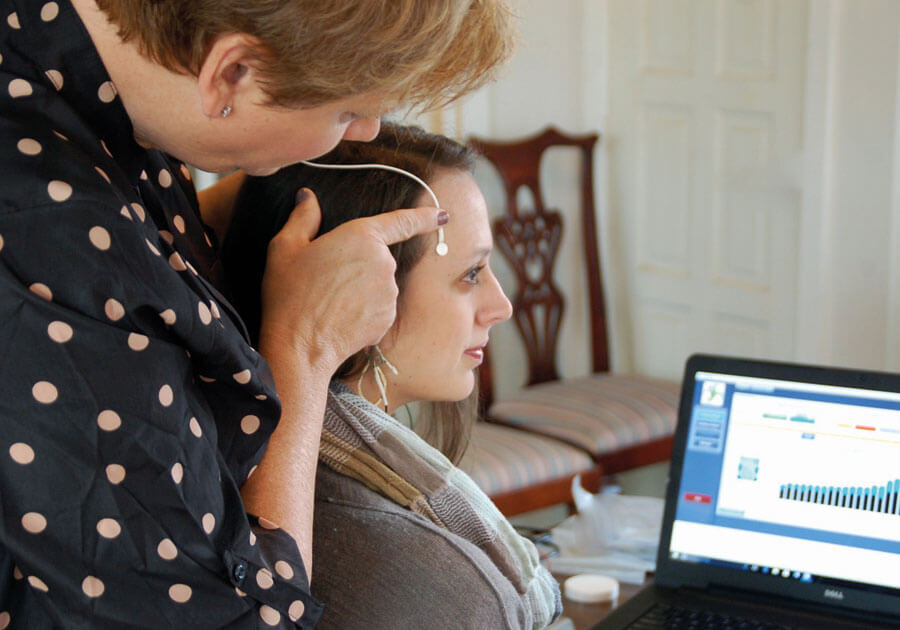Recent advancements in neuroscience have introduced a promising tool in mental health says Dr. Curtis Cripe. This is known as the Low Energy Neurofeedback System (LENS). This non-invasive, drug-free approach shows significant potential in treating various mental health conditions, from anxiety and depression to traumatic brain injuries and ADHD.
What is Low Energy Neurofeedback?
LENS is a type of biofeedback that measures brainwave activity and provides feedback to the brain. Unlike traditional neurofeedback, which requires active patient participation, LENS is passive and uses very low levels of electromagnetic energy to stimulate the brain. Sensors placed on the scalp measure brainwave activity. The feedback is delivered through these sensors as a gentle electromagnetic signal. This helps the brain to reorganize and regulate itself more effectively.
How Does LENS Work?
Furthermore, the brain operates on electrical impulses or brainwaves, responsible for our thoughts, emotions, and behaviors. When brain function is suboptimal, it can lead to mental health issues. LENS detects irregular brainwave patterns and gently nudges the brain toward more optimal functioning. The feedback is subtle, often imperceptible to the patient, yet it can lead to profound changes in brain activity over time.
A typical LENS session lasts about 20 to 30 minutes, and patients often notice improvements within a few sessions. The effects are cumulative, meaning regular sessions can lead to long-lasting changes in brain function.
Benefits of LENS
One significant advantage of LENS is its ability to treat a wide range of conditions. This can be done without medication states Dr. Curtis Cripe. These benefits particularly are those with adverse reactions to pharmaceuticals or those who prefer natural treatments. Conditions that improve with LENS include:
- Anxiety and Depression: LENS reduces symptoms by promoting balanced brainwave activity.
- ADHD: This is another mental health condition that LENS helps with. By improving brain regulation, LENS helps reduce inattention and hyperactivity.
- Traumatic Brain Injury (TBI): Not limited to the ones previously mentioned, LENS aids recovery by helping the brain reorganize and heal.
- Migraines and Chronic Pain: Not only that but many patients report reduced frequency and intensity of migraines and chronic pain when under the LENS treatment.
LENS in Practice
LENS is straightforward and administered by trained professionals in a clinical setting. Its non-invasive nature makes it accessible to a wide range of patients, including children and those with severe mental health conditions. Because LENS does not require active participation, it suits patients who may struggle with traditional neurofeedback therapy.
The Future of Neurofeedback
As research explores LENS’s potential, broader applications of this technology are likely. The low risk and high reward profile of LENS makes it an attractive alternative treatment for mental health conditions. As our understanding of the brain evolves, integrating LENS with other therapeutic approaches could lead to even more effective treatments.
Conclusively, low-energy neurofeedback is a promising advancement in mental health. Its ability to promote brain regulation and healing without medication offers new hope for many individuals. As Curtis Cripe and others continue to explore this technology’s full potential, LENS may become a cornerstone in treating mental health conditions, offering relief and improved quality of life to countless individuals.




